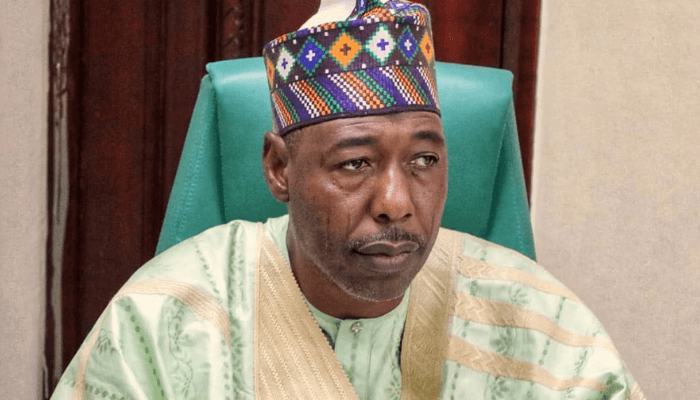Some financial analysts believe that only increased productivity can boost the Naira.
This is coming as Nigerians continue to complain about the Naira’s continuing devaluation, despite monetary policy attempts by the Central Bank of Nigeria to support the currency.
According to the News Agency of Nigeria, the Naira, which traded at N774 to the dollar at the CBN official window on Friday, was trading at more than N900 to the dollar in the parallel market.
Only increased productivity, according to financial expert, Mr Okechukwu Unegbu, will stable and strengthen the Naira.
According to Unegbu, a former president of the Chattered Institute of Bankers of Nigeria, the Naira is in a pitiful state and requires commitment by the government to salvage it.
“The crude oil market is declining; our bonny light is not performing well in the international market, and we have very little leeway because the Naira and our productivity do not align.”
“There is no economic theory that can change things.” “Increasing productivity is the only way to bridge balance-of-payments deficits,” he stated.
Professor of Capital Markets at Nasarawa State University, Keffi, Uche Uwaleke, stated that the economic fundamentals required to support a naira float remained poor, particularly with respect to forex sources.
According to Uwaleke, the university’s Director of the Institute of Capital Market Studies, the unification of exchange rates, as done by President Bola Tinubu, should not be a one-step process.
Uwaleke also expressed concern over the current, second-quarter real Gross Domestic Product performance.
“The non-oil industry was the main driver of growth. Because of the decrease in crude oil production, the oil sector scored significantly higher.
“The Services sector (4.42%), particularly telecoms, trade, and financial services, drove non-oil sector performance.”
“In my opinion, this recognized development trend, which favours the services sector, is not healthy for a developing economy such as ours.
“Economic growth does not appear to be inclusive, as evidenced by rising unemployment and poverty levels, which the new NBS methodology seeks to conceal,” he stated.
He stated that it was past time to correct the flawed economic system by leveraging technology in favour of productive sectors such as industry and agriculture.











